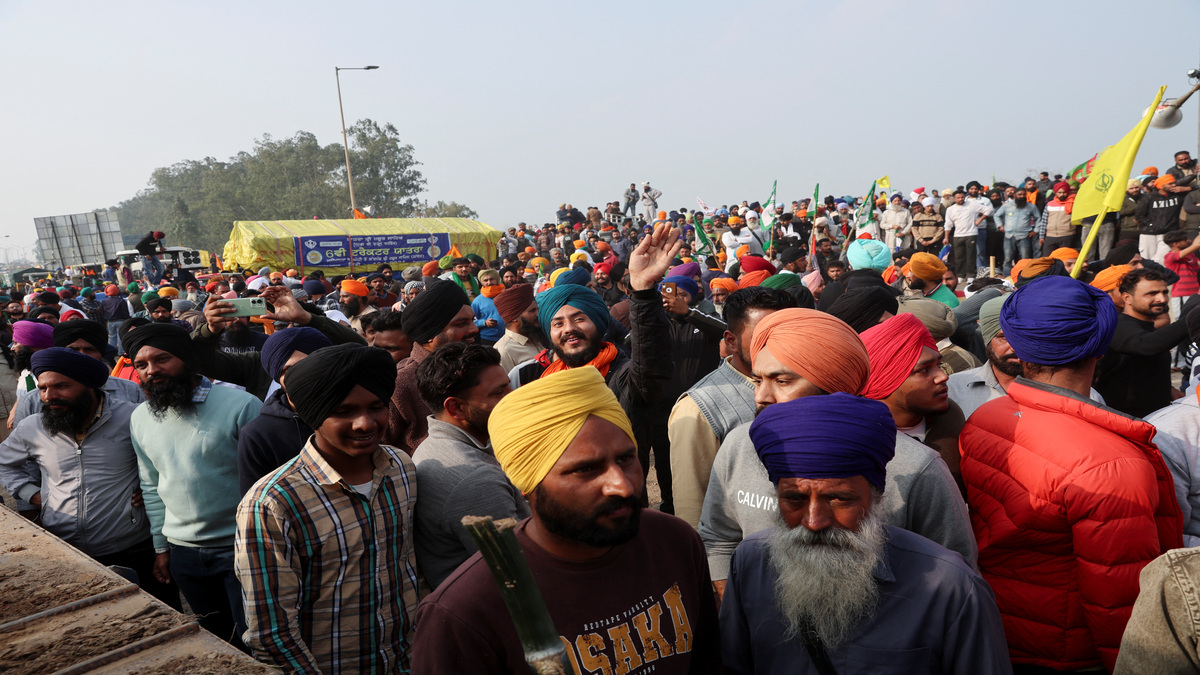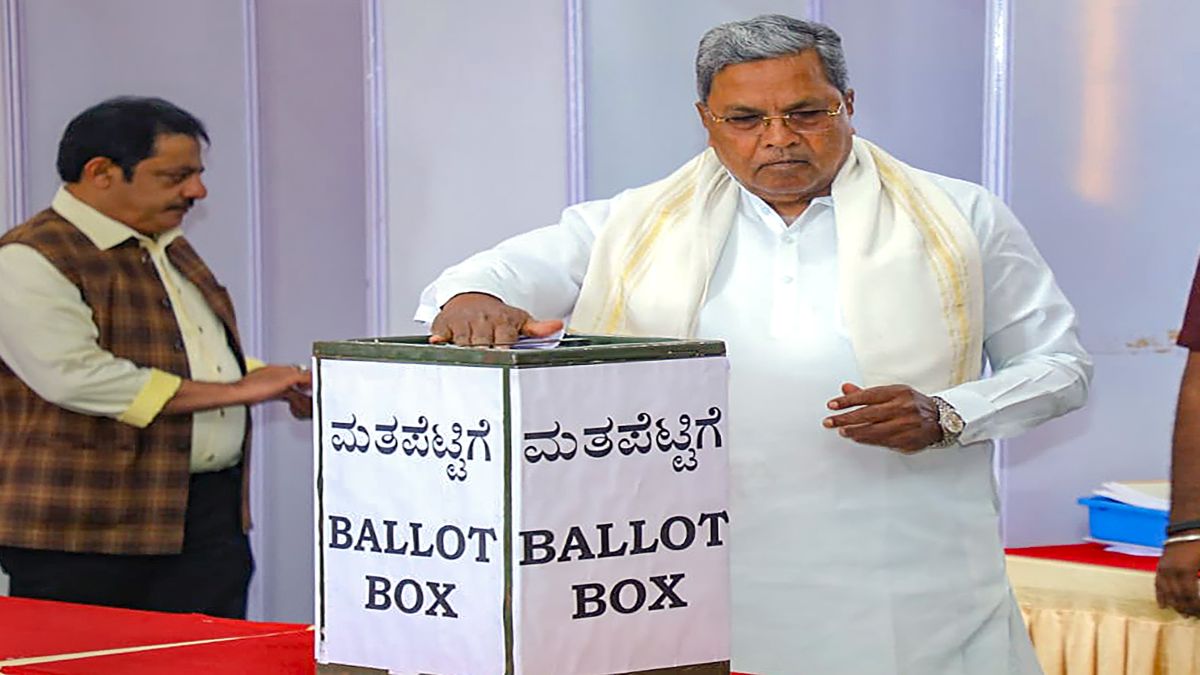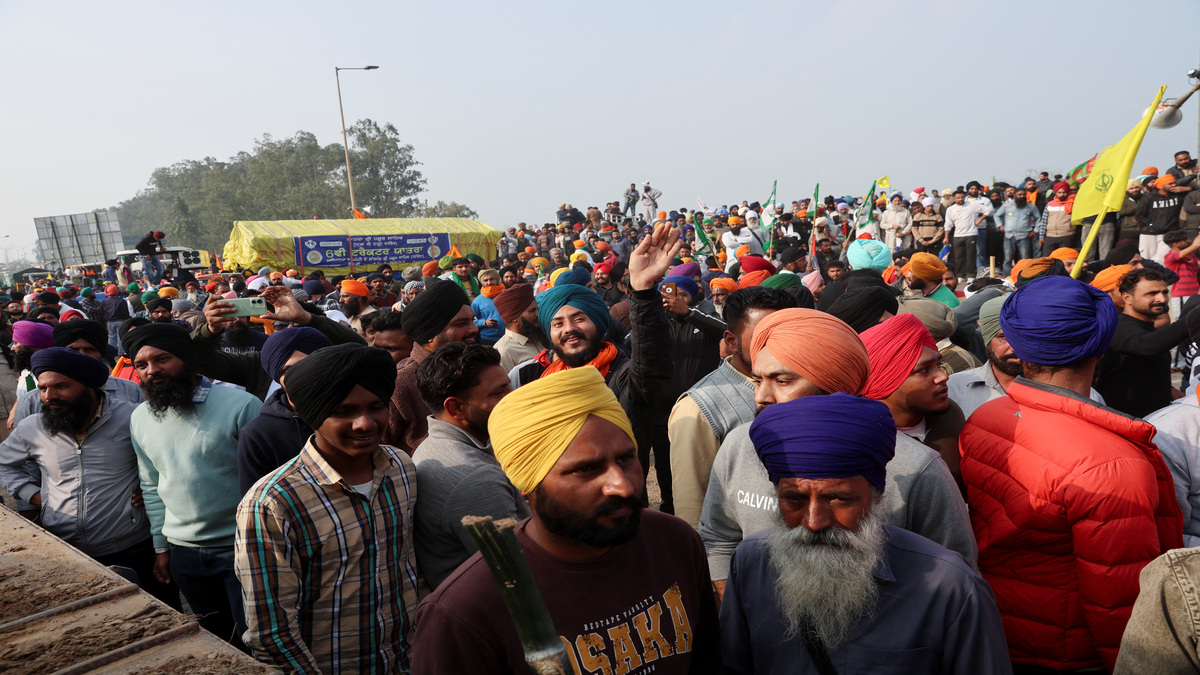For once the Parliament, the elders in the Rajya Sabha have bowed to dominant public pressure and and decided to act — to pass the Juvenile Justice (Care and Protection of Children) Bill 2015 — to amend the existing law and allow juveniles in the age group of 16-18 to be tried as adults if they commit heinous crimes like murder and rape.
With Jyoti Singh’s parents Asha Devi and Badri Singh seated in the visitors’ gallery to watch the proceedings, Rajya Sabha today finally took up the matter for discussion and passage. The Bill has been pending in the Upper House for the last seven months where it was sent for consideration after its passage from Lok Sabha on May 7, 2015, with over three dozen amendments in the original Bill.
Women and Child welfare minister Maneka Gandhi, who piloted the Bill, had been aggressively pushing for its passage. According to her, the Bill is nuanced, humane, multi-tiered and does not seek to automatically put every 16-year-old perpetrator into the adult system. Her contention is since most such crimes are committed by juveniles on minors, we must decide whether to protect the victims or the perpetrators. She has also been very critical of the Rajya Sabha for daily disruptions, perpetual dysfunctional mode and for its failure to take up this Bill for consideration.
In the ongoing Winter Session, Juvenile Justice Bill had been listed thrice in the day’s transaction of business list — on December 8, December 10 and December 11. In last Monsoon session, it had been listed continuously for 12 days, between July 22 to August 12, 2015. Congress had forced a total washout of that session.
The Juvenile Justice Bill was not on the priority list of political agenda when a general consensus between Government and the main opposition party, Congress, was arrived at an all party meeting held by Rahya Sabha Chairmam Hamid Ansari following Prime Minister Narendra Modi’s meeting with him.
Congress had then agreed to pass the SC/ST Bill, Appropriation Bills, the Anti-hijacking Bill, the Atomic Energy (amendment) Bill, Commercial Courts Ordinance Bill and the Arbitration and Conciliation (amendment) Bill, in the last three working days of Winter Session. The Congress’s protests on various matters, beginning with National Herald issue had made this session in Rajya Sabha almost completely dysfunctional. The fate of Juvenile justice Bill was discussed in all party meeting but it was decided that time permitting, this Bill along with the Child Labour (Prohibition and Regulation) Amendment Bill, the Whistleblowers Protection (Amendment) Bill will be discussed during the remaining period but what course it would take, would be decided later.
Congress MP Shanta Ram Naik on December 7 had moved a motion that the Juvenile Justice Bill “as passed by Lok Sabha be referred to Select Committee of Rajya Sabha. The motion also listed names of 11 MPs including himself (Shantaram Naik), Parvez Hashmi, Wansuk Syiem, Vijyalaxmi Sadho, D Raja, Naresh Agrawal, Jharna Das Baidya, KC Tyagi, KP Ramalingam, DP Tripathi and Viplove Tahkur as members of the Select Committee. The government was opposed to this move.
Given the Congress’s mood, the Bill would have dragged on indefinitely had there not been a popular outcry and public debate, sparked off by the release of the juvenile offender in December 2012 Delhi rape case. He had completed a maximum three-year confinement in children’s care home and as per the existing law, had to be released. Jyoti’s parents along with hundreds of the youngsters had been campaigning for further detention of the juvenile (now an adult) and passage of amendments in the existing JJ Act by Rajya Sabha. Their campaign was gaining momentum by the day. Ruling Aam Admi Party in Delhi had thrown its weight behind the campaign. Delhi Women Commission headed by an AAP activist Swati Maliwal had moved the Supreme Court.
The Apex Court though, rejected, the petition but observed: “We also share your concerns but we have to go by the law as it stands today. Any further detention would need a legislative sanction. The law is very clear that a juvenile cannot be detained beyond three years… so what kind of interim orders can be passed by us? If you want the court to direct for his further detention, there has to be a clear legislative sanction.”
The provisions of existing Juvenile Justice Act says that the juvenile, once released from the children’s home after serving confinement period, will begin life with a clean slate. There will be no crime record against him, his name and address will remain unknown forever as if he was never held for a crime
“Notwithstanding anything contained in any other law, a juvenile who has committed an offence and has been dealt with under the provisions of this Act shall not suffer disqualification, if any, attaching to a conviction of an offence under such law… The Board (Juvenile Justice) shall make an order directing that the relevant records of such conviction shall be removed after the expiry of the period of appeal or a reasonable period as prescribed under the rules, as the case may be”.
A subsequent provision says, “no report in any newspaper, magazine, news-sheet or visual media of any inquiry regarding a juvenile in conflict with law or a child in need of care and protection under this Act shall disclose the name, address or school or any other particulars calculated to lead to the identification of the juvenile or child nor shall any picture of any such juvenile or child be published: Provided that for reasons to be recorded in writing, the authority holding the inquiry may permit such disclosure, if in its opinion such disclosure is in the interest of the juvenile or the child…Any person who contravenes the provisions of sub-section (1), shall be liable to a penalty which may extend to twenty-five thousand rupees.”
There were concerns in certain quarters about these provisions, particularly in view of the fact that there were reports that juvenile who was released on Sunday had not shown any remorse for the brutality committed in winter of 2012.
Ghulam Nabi Azad was right when citing history of the Bill, he said this wouldn’t have come today had there not been public pressure emanating from the release of the Jyoti Singh’s rape-case convict. Incidentally, it was his party which had blocked passage of this bill along with a host of other important bills in Parliament.


)




)
)
)
)
)
)
)
)